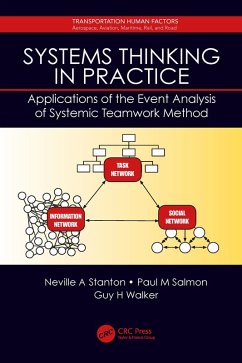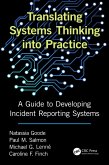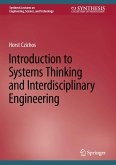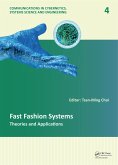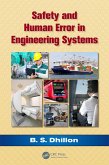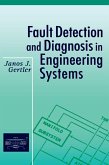This book presents the latest developments of Systems Thinking in Practice to the analysis and design of complex sociotechnical systems. The Event Analysis of Systemic Teamwork (EAST) method is applied to micro, meso and macro systems. Written by experts in the field, this text covers a diverse range of domains, including: automation, aviation, energy grid distribution, military command and control, road and rail transportation, sports, and urban planning. Extensions to the EAST method are presented along with future directions for the approach.
- Illustrates a contemporary review of the status of Distributed Cognition (DCOG)
- Presents examples of the application of Event Analysis of Systemic Teamwork (EAST) method
- Presents examples of the application of Event Analysis of Systemic Teamwork (EAST) method
- Discusses the metrics for the examination of social, task, and information networks
- Provides comparison of alternative networks with implications for design of DCOG in systems
Dieser Download kann aus rechtlichen Gründen nur mit Rechnungsadresse in A, B, BG, CY, CZ, D, DK, EW, E, FIN, F, GR, HR, H, IRL, I, LT, L, LR, M, NL, PL, P, R, S, SLO, SK ausgeliefert werden.

